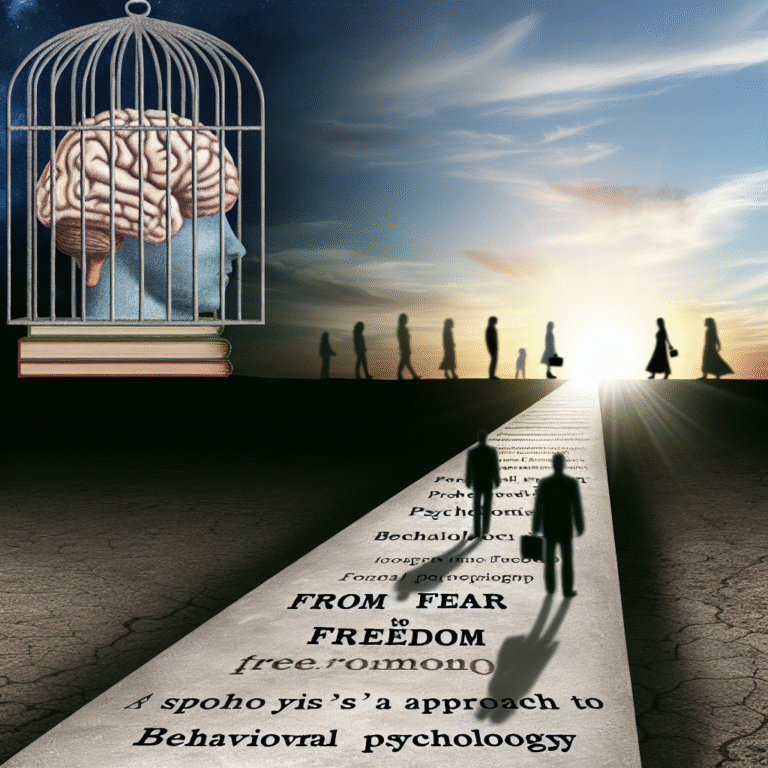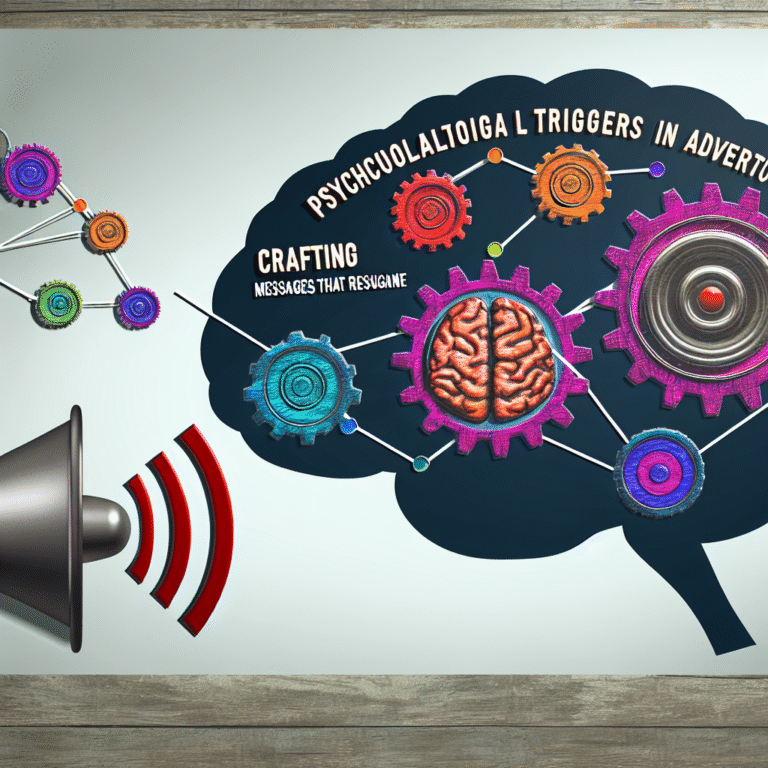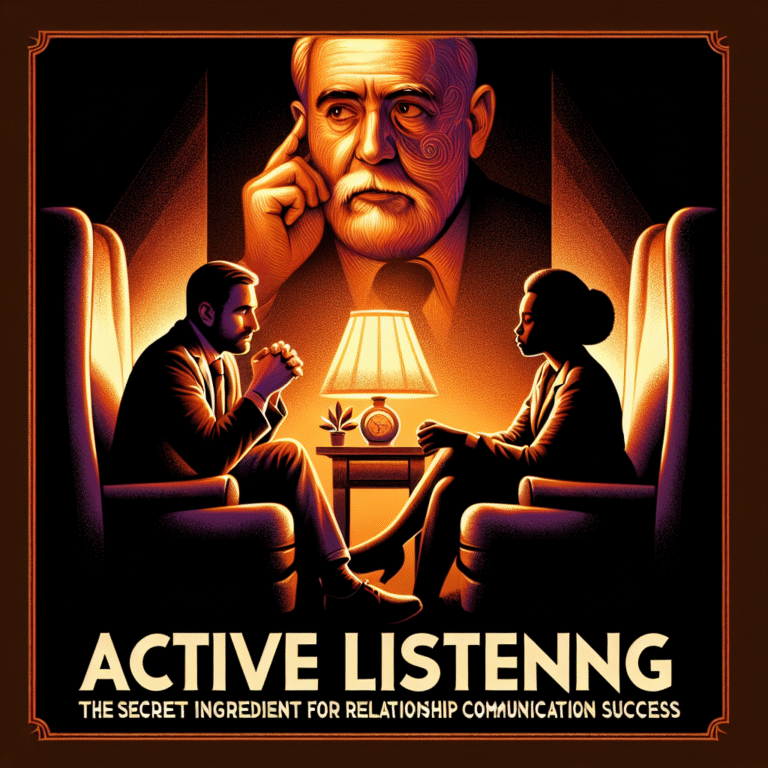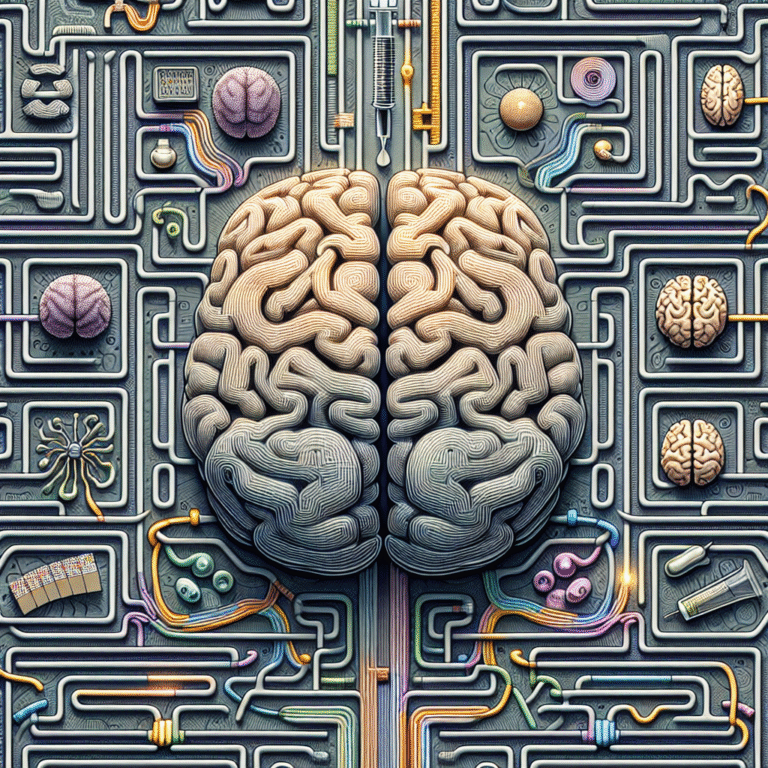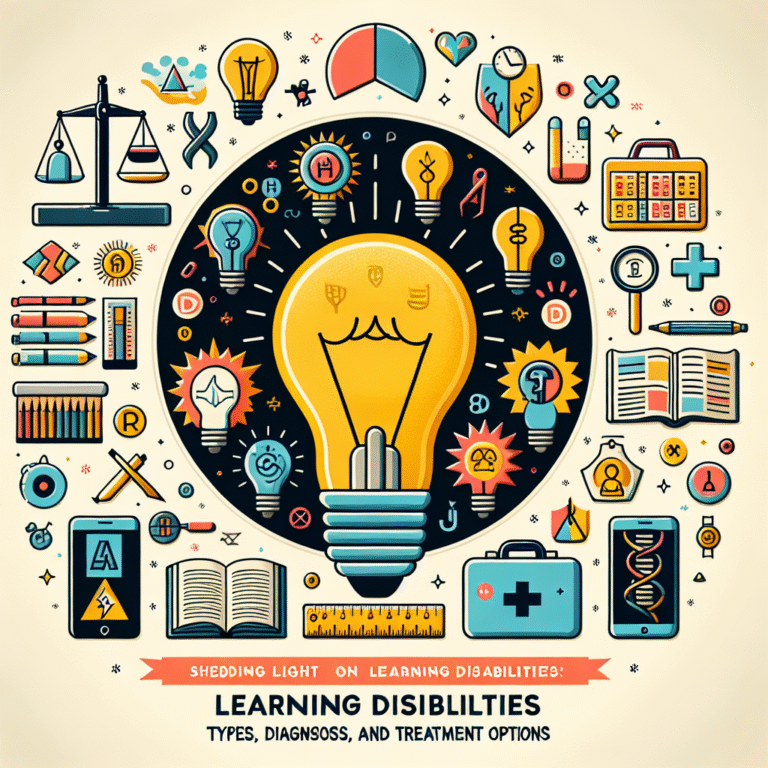
Conquering Anxiety: Top Behavioral Strategies to Regain Control
Introduction
Anxiety has become an unwelcome companion in our modern lives, silently affecting millions and often inhibiting personal growth, social interactions, and overall happiness. In a world that feels increasingly chaotic, understanding how to break free from the grips of anxiety is essential. This article is designed to be your comprehensive guide to Conquering Anxiety: Top Behavioral Strategies to Regain Control. Here, you will discover practical, proven methods to not only manage anxiety but also reclaim your life with confidence and peace.
Understanding Anxiety
Before diving into the strategies for conquering anxiety, it’s essential to know what anxiety is and how it manifests. Anxiety is not just a fleeting feeling of dread; it involves a complex interplay of psychological and physiological responses. When faced with stress, your body activates the "fight or flight" system, producing adrenaline and triggering an array of responses including increased heart rate, rapid breathing, and heightened alertness.
While mild anxiety can be beneficial—jolting us into action or keeping us alert—the more severe forms can be debilitating. Whether it’s social anxiety, generalized anxiety disorder, or panic disorder, understanding your particular brand of anxiety is the first step toward taking control.
Behavioral Strategies to Conquer Anxiety
Now that we have a foundational understanding of anxiety, let’s explore effective behavioral strategies. These approaches are crafted not only to alleviate symptoms but to foster a deeper connection with oneself, ultimately leading to the empowerment needed to conquer anxiety.
1. Cognitive Behavioral Therapy (CBT)
Cognitive Behavioral Therapy is a highly regarded approach in mental health that focuses on changing negative thought patterns. According to studies, CBT has proven effective for various forms of anxiety disorders. By addressing and reframing distorted thoughts, individuals can reduce their feelings of anxiety.
Example Case Study: Jessica’s Journey with CBT
Jessica struggled with severe social anxiety, fearing judgment in social settings. Through CBT, she learned to challenge her negative beliefs, replacing thoughts like "Everyone is watching me" with "Most people are focused on their own conversations." Over six months, her confidence in social environments significantly improved.
Table 1: CBT Techniques for Anxiety
| Technique | Description | Expected Outcome |
|---|---|---|
| Thought Journaling | Write down anxious thoughts | Increased awareness of triggers |
| Exposure Therapy | Gradual exposure to fears | Desensitization to anxiety |
| Cognitive Restructuring | Identifying cognitive distortions | Reduced negative thinking |
2. Mindfulness and Meditation
Integrating mindfulness practices into your daily routine can improve your mental health. Mindfulness teaches individuals to stay present and observe their thoughts without judgment.
Benefits of Mindfulness:
- Decreased anxiety levels through relaxation.
- Improved emotional regulation.
- Enhanced overall psychological well-being.
One study found that participants who practiced mindfulness meditation had lower levels of anxiety than those who did not.
Breathe in, Breathe out
Incorporating deep-breathing techniques can create immediate relief. One popular method is the 4-7-8 technique, which involves breathing in for four seconds, holding for seven, and exhaling for eight.
Case Study: Mark’s Mindfulness Experience
Mark, a college student, faced anxiety during exams. By practicing mindfulness meditation daily for ten minutes, he reported a noticeable decrease in anxiety, stating, "I feel more centered and less overwhelmed during stressful periods."
3. Physical Activity
Regular exercise is an excellent way to conquer anxiety. Physical activity produces endorphins, the body’s natural mood lifters. It also acts as a powerful stress reliever.
Key Points:
- Aim for at least 150 minutes of moderate aerobic activity each week.
- Activities like jogging, yoga, or swimming can significantly aid in anxiety reduction.
Table 2: Exercises and Their Benefits for Anxiety
| Type of Exercise | Benefits |
|---|---|
| Aerobic Exercise | Releases endorphins, improves mood |
| Yoga | Enhances mindfulness and flexibility |
| Strength Training | Boosts confidence and reduces stress |
Case Study: Sarah’s Transformation
Sarah discovered the benefits of Zumba classes. As she engaged in physical movement, she felt her anxieties diminish, stating, "With every beat, I felt my stress fading away."
4. Journaling
Writing can be a cathartic and therapeutic practice, allowing individuals to express feelings and identify triggers associated with anxiety.
Benefits of Journaling:
- Encourages introspection.
- Assists in identifying anxiety patterns.
- Provides a space to express emotions freely.
Incorporating gratitude journaling can also significantly uplift one’s mood by shifting focus away from anxiety towards appreciation.
Case Study: Tom’s Journaling Challenge
Tom, a corporate worker, used daily journaling to track anxious thoughts and successes. This practice helped him manage stress more effectively, noting, "It’s like having a conversation with myself that ultimately calms me down."
5. Social Support Systems
Establishing and maintaining a strong support system can have a profound effect on managing anxiety. Engaging with friends, family, or support groups provides a sense of belonging and understanding.
Social Connections:
- Encouragement from loved ones can motivate individuals to overcome anxiety.
- Sharing experiences within supportive groups can provide comfort and insight.
Case Study: The Power of Support
Lisa, who battled anxiety for years, found solace in a support group. By sharing her challenges and listening to others, she felt less isolated and began to tackle her anxiety with renewed strength.
Conclusion
Conquering anxiety is an ongoing journey that requires commitment and understanding. Through well-researched behavioral strategies such as Cognitive Behavioral Therapy, mindfulness, physical activity, journaling, and building social support systems, you can regain control over your life.
Remember, you are not alone in this journey. Whether it is seeking professional guidance or relying on friends and family, there are countless resources at your disposal. Take small steps today, and you will gradually reclaim your inner peace and confidence.
FAQs Section
1. What is anxiety?
Anxiety is a natural response to stress, characterized by feelings of fear, worry, or unease. When chronic, it can interfere with daily life and may require professional help.
2. How can I tell if I have an anxiety disorder?
If anxiety levels disrupt daily activities, affect your ability to concentrate, or cause avoidance of social situations, it may be beneficial to seek a professional evaluation.
3. Can lifestyle changes help with anxiety?
Yes, incorporating regular exercise, a balanced diet, adequate sleep, and mindfulness practices can significantly ease anxiety symptoms.
4. Is medication necessary for treating anxiety?
Medication can be effective for some individuals, but it’s typically recommended as a part of a comprehensive treatment plan that includes therapy and lifestyle changes.
5. How long will it take to manage my anxiety?
The timeline varies for each individual. With consistent practice of the behavioral strategies outlined, many people experience a significant reduction in anxiety symptoms within a few weeks to months.
Call to Action
In your quest for conquering anxiety: top behavioral strategies to regain control, remember to be patient with yourself and celebrate small victories along the way. Consider incorporating these tools into your daily routine and witness the transformative impact they can have on your mental wellbeing. Embrace each step on this journey and pave the way for a brighter, more peaceful future.





